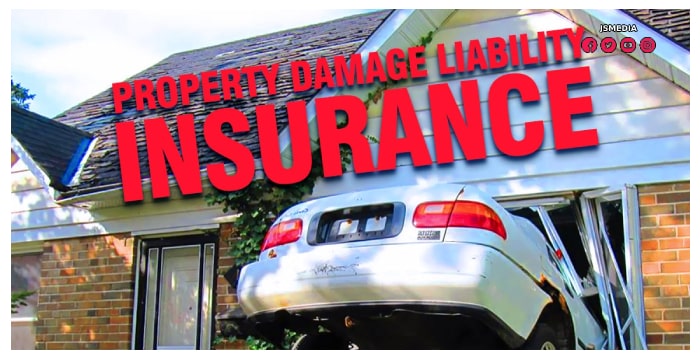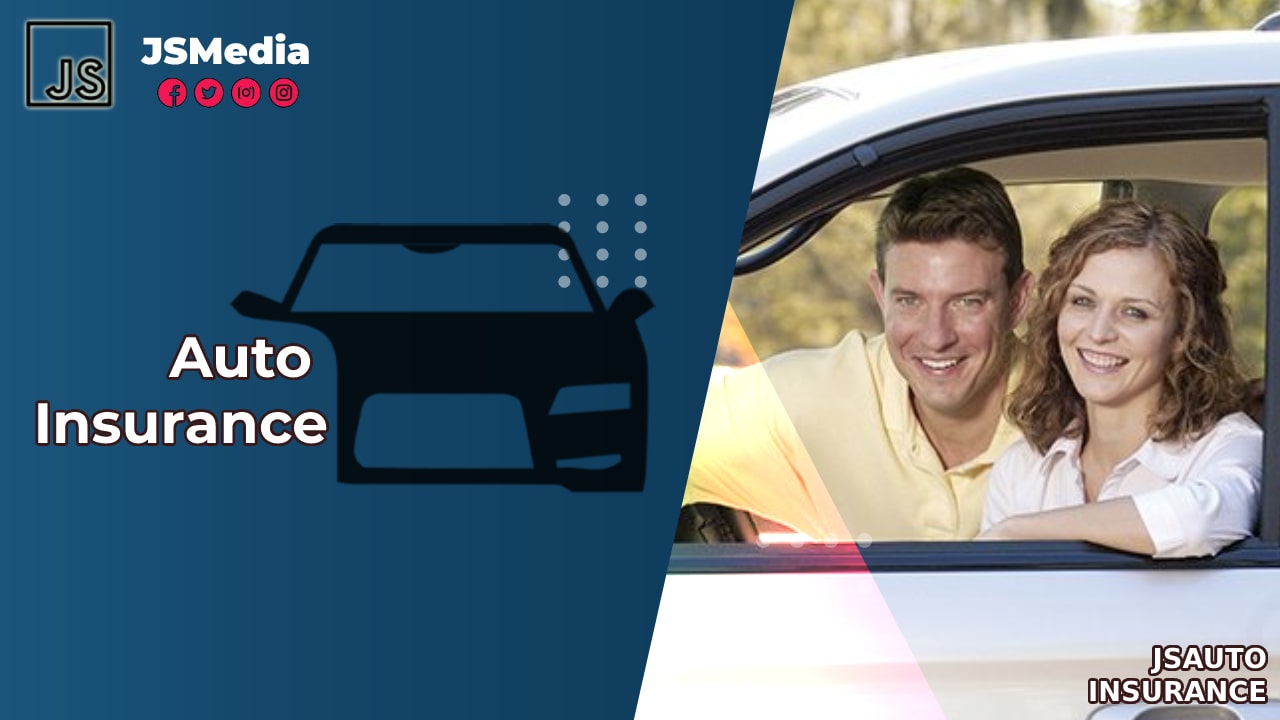JSMedia – The physical damage liability coverage of your auto insurance policy pays for the damages your vehicle causes to another person’s property. For example, if you hit a mailbox or damaged a building’s front, the insurance company will reimburse the cost of repairs and replacement parts. For other types of damage, such as smashed windows, it will pay for repairs and replacement of personal property. The higher the coverage limit, the more the insurance company will pay out.
The cost of property damage coverage can vary depending on several factors, including your age, your state, your claims history, your credit score, and the amount of coverage you need. Remember that your liability insurance coverage must meet the minimum requirements of your state. If you do not have enough coverage, you could be fined and cited for driving without adequate insurance. In some cases, you may even have to carry an SR-22 certificate, which is a type of proof of your insurance coverage.
If you were to hit a florist’s shop, you would be required to pay for the damage. Your policy would pay for the repairs. But if you hit another person’s car, you will only receive a portion of the money that the florist paid for its flowers. This is called the “property damage” liability coverage. Your liability insurance policy will cover the cost of replacing the parts and paying for the body shop’s labor.
Auto Insurance Property Damage, What You Need to Know

Property damage liability coverage is separate from your liability coverage. It does not cover your own property. The minimum limit varies from state to state, but the maximum limit for property damage liability coverage is usually between five thousand and twenty-five thousand dollars. This amount is the maximum amount of money the insurance company will pay in an accident, and is the most important element of any policy. A higher limit will reduce your premium, but it is always advisable to increase your property damage liability coverage.
While the number of auto insurance property damage claims falls dramatically when comparing drivers, the age of the driver is the most significant factor determining your premiums. For instance, drivers in their late-twenties are more likely to have collision insurance than younger people, so it is advisable to buy a policy that covers both. However, the more age of the driver, the higher the premium will be. If you are a senior, it is important to take care of the car’s physical condition.
Buying a property damage insurance policy is a good way to avoid having to deal with a lawsuit from a minor property damage. You should not be surprised when the insurer does not pay out anything. Your policy can cover a large amount of damage, but it can’t pay out as much as you need. If the other party does not have insurance, make sure to get the right amount. You’ll be glad you did!
Property damage liability coverage is essential for car owners. In case of an accident, your insurance policy should cover any damages to the other party’s property. Depending on the type of coverage you have, you might need to purchase a PD-only policy if you own a newer car. When you are shopping for a policy, make sure that the amount you’re paying is sufficient to cover the damages caused by your accident.
If you are concerned about the cost of repairing another person’s property, you should buy property damage liability insurance. It pays for the costs of repairs if you hit a lamp post or phone pole. Moreover, if you’ve caused an accident, it’s your fault. You should pay for the damages yourself or contact your insurance company. You can also purchase a policy that pays for a large claim, or you can choose to exclude it.
While liability coverage is required by law, property damage coverage is optional. You can choose between bodily injury and property damage liability coverage. A collision policy will pay for the damages you cause to your car. It will also cover any costs related to the vehicle’s theft. Besides, property damage coverage is often available for business owners as a separate policy. This means that you need to have property damage insurance if you’re involved in an accident.

